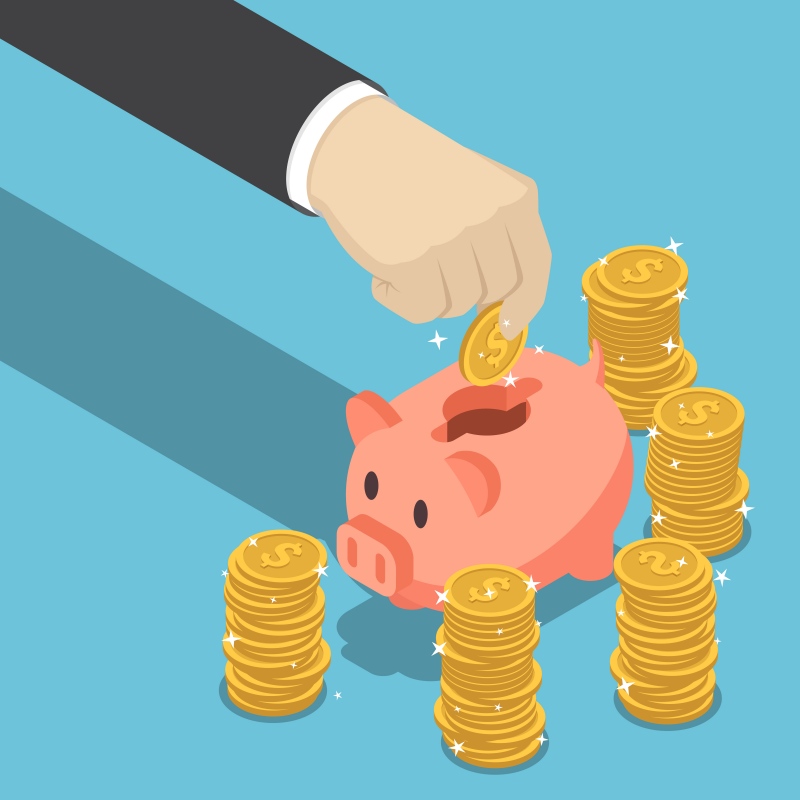There are numerous viable reasons for saving money on a regular basis and putting cash away requires an element of discipline and sacrifice. It also needs you to have a savvy savings strategy in order to improve your chances of making a decent return on your investments.
Having a good savings plan will help to cushion you when you have to contend with an unexpected expense and having some money behind you will give you better retirement options.
Here are some strategies and factors to consider when you are planning your financial future.
A policy that ticks a few important boxes
If you have a family to look after you will need to make financial provisions to account for a scenario where you are no longer around to look after them.
Life insurance is a key part of financial planning and if you choose a money back policy you get a potential win-win situation where your loved ones will get a lump sum if you die within the policy period and you get money back if you survive until the end of the policy term.
Have an emergency savings fund
It can sometimes only require one unexpected repair bill to throw your finances into turmoil and it could get costly if you have to scramble around to find the money, especially if you end up borrowing the cash.
A good plan would be to set aside a regular payment that goes into an easy-access savings account.
If you do have to borrow money from your emergency savings it is better than taking out a loan or paying by credit card. An emergency fund is a real no-brainer and having that cash available when you need it will allow you to cope with an unexpected bill.
Allocate your monthly cash sensibly
A good way to evaluate the strength of your financial planning would be to write down a monthly budget and work out what you spend your money on.
As a general guide, about half of your income should be spent on essential bills and expenditure, a further 30% on things you want, with the remaining 20% being used to pay down debts and put money away into savings.
Save on payday
Many of us have good intentions when it comes to saving money but those worthy goals seem to become harder to achieve throughout the month as your money gets allocated elsewhere.
A good tactic would be to set up a regular payment to your chosen savings and investment products on payday.
Setting up a regular payment for a percentage of your income to go into savings is something that soon becomes less painful to your finances as time goes by and putting money away becomes a good regular habit
Make a plan
If you have credit card debts or loans that you are servicing there is a good chance that some of these deals will be very expensive and you could be paying a fortune in interest charges each month.
Your priority should be to work out what interest rate you are paying on each type of borrowing you have and then make a plan to pay off the most expensive ones first.
Have some goals
Having certain financial goals often makes it easier to save the right amount of money you need.
Write down what you want to save for in the short term also calculate what you need in the medium and long term.
For example, retirement is a long-term goal buying a new car is an example of a short-term goal, both of which require planning if you are going to make the most of your money.
















